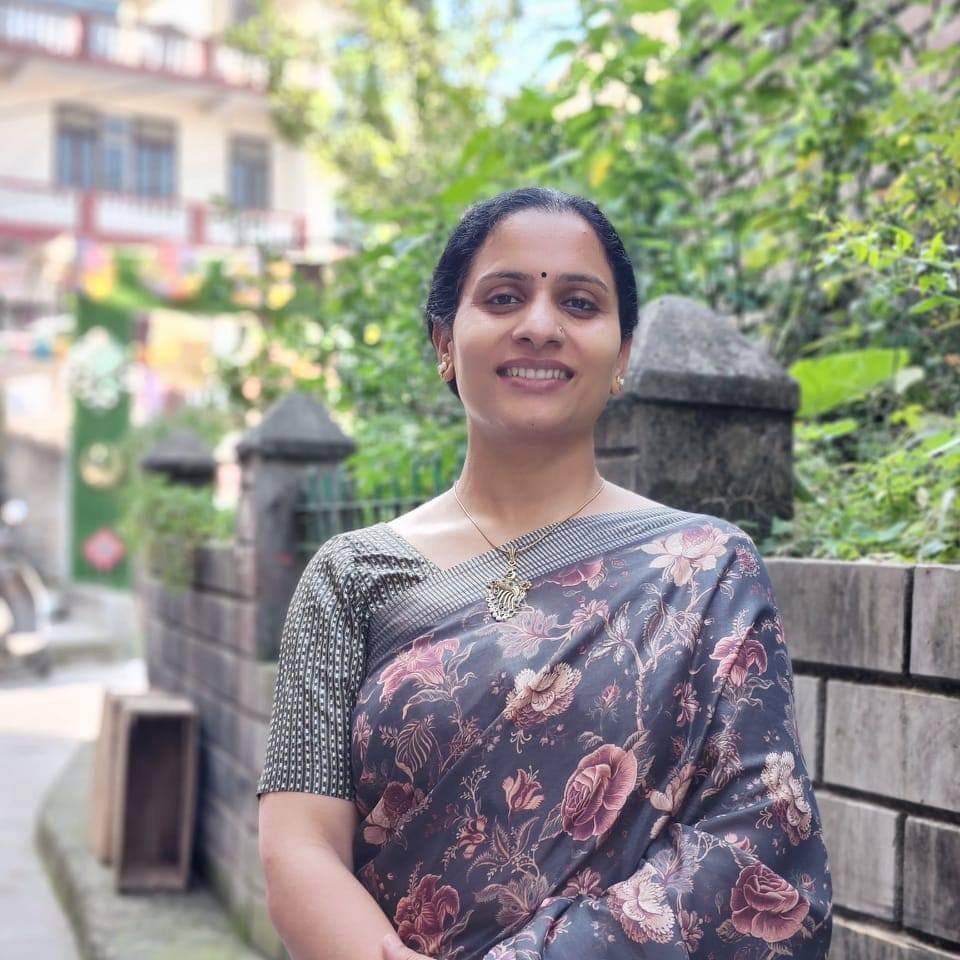Global Leaders Rally at Bali Forum to Accelerate Elimination of Cervical Cancer by 2030.
Major Policy and Financial Commitments Announced to Expand Access to HPV Vaccination, Screening, and Treatment.
Bali, Indonesia:
Governments, global health leaders, donors, and development partners have made powerful new commitments to eliminate cervical cancer – a largely preventable disease that continues to claim the life of a woman every two minutes worldwide. The announcements came during the 2nd Global Cervical Cancer Elimination Forum, held in Bali, Indonesia, from 17 to 19 June 2025.
The forum, attended by more than 300 delegates including Health Ministers from Fiji, Indonesia, Kiribati, Papua New Guinea, Rwanda, Timor-Leste, and Vanuatu, as well as Vice Ministers from Costa Rica, Paraguay, and South Africa, marked a significant milestone in the global fight to eliminate cervical cancer. Leaders unveiled a new wave of investments and policies aimed at drastically improving access to HPV vaccination, screening, and treatment services.
The three-day event concluded with a strong global message: the world can eliminate cervical cancer, and it must do so by 2030. The action plan follows the WHO’s Global Strategy for Cervical Cancer Elimination, which sets 2030 targets of:
90% of girls fully vaccinated with the HPV vaccine by age 15,
70% of women screened with a high-performance test by ages 35 and 45, and 90% of women with cervical disease receiving appropriate treatment.
“We Must Go Further and Faster”: WHO Calls for Urgent Action
“Every girl who remains unvaccinated and every woman who lacks access to screening or treatment is a reminder that equity must be at the heart of our elimination strategy,” said Dr. Tedros Adhanom Ghebreyesus, WHO Director-General. “Together, we can consign cervical cancer to the history books.”
Cervical cancer is one of the most preventable cancers, yet it remains a major killer of women—especially in low- and middle-income countries (LMICs), which account for 94% of global deaths. Screening rates remain abysmally low in many LMICs, with less than 5% of women receiving proper screening due to limited healthcare infrastructure, financial constraints, and access barriers.
Bali Forum Builds on Global Momentum:
The Bali forum builds on commitments made at the first global forum in Cartagena, Colombia, where US$600 million was pledged in 2024 to scale up global efforts. As of 2025:
194 countries have adopted the WHO’s strategy,
75 countries now offer single-dose HPV vaccination, making the vaccine more accessible and cost-effective,
In Africa, first-dose HPV coverage rose from 28% in 2022 to 40% in 2023, the second-highest regional rate globally.
Organizations like Gavi, the Vaccine Alliance have helped shape the vaccine market to improve affordability and availability. Donors were urged to fully fund Gavi’s ambitious plan to vaccinate an additional 120 million girls between 2026 and 2030, potentially saving 1.5 million lives.
Indonesia’s Pivotal Role in Leading Regional Action:
As host nation, Indonesia showcased its strengthened efforts to combat cervical cancer. Minister of Health Budi Gunadi Sadikin reaffirmed the country’s commitment to expanding the national HPV vaccination program and scaling up early detection.
“Prevention is far more important than treatment,” said Sadikin. “We are expanding free HPV vaccines for school-age girls and enhancing screening services, including DNA-based HPV tests and co-testing with VIA (Visual Inspection with Acetic Acid) at local healthcare centers.”
Indonesia is also collaborating with local governments, community organizations, and schools to raise public awareness and reduce stigma around screening and vaccination. These grassroots partnerships are essential for reaching underserved populations and ensuring that no woman is left behind.
Innovations and Equity at the Forefront:
New technologies, such as self-sampling methods, are helping make screening more accessible in remote and low-resource settings. Many countries are adopting these innovations while also building infrastructure for timely diagnosis and treatment of both precancerous lesions and invasive cancer.
“This movement is about justice,” emphasized Dr. Saia Ma’u Piukala, WHO Regional Director for the Western Pacific. “It’s about ensuring that every girl and every woman, regardless of where she lives or what she earns, has access to lifesaving care.”
The Bali Declaration: A Call to Action:
The forum culminated in the Bali Declaration to Reaffirm Commitment to Cervical Cancer Elimination, urging all nations to:
Set ambitious national targets aligned with global goals,
Strengthen health systems and community-level partnerships, and
Increase financing to ensure universal access to vaccination, screening, and treatment.
A World Free from Cervical Cancer Is Within Reach:
As the 2030 deadline approaches, momentum is growing. The commitments made in Bali represent not just a roadmap but a moral imperative—to ensure no woman dies from a disease that the world has the tools to prevent.
With continued collaboration, political will, and community involvement, the global community can transform cervical cancer from a silent killer into a preventable threat of the past.


